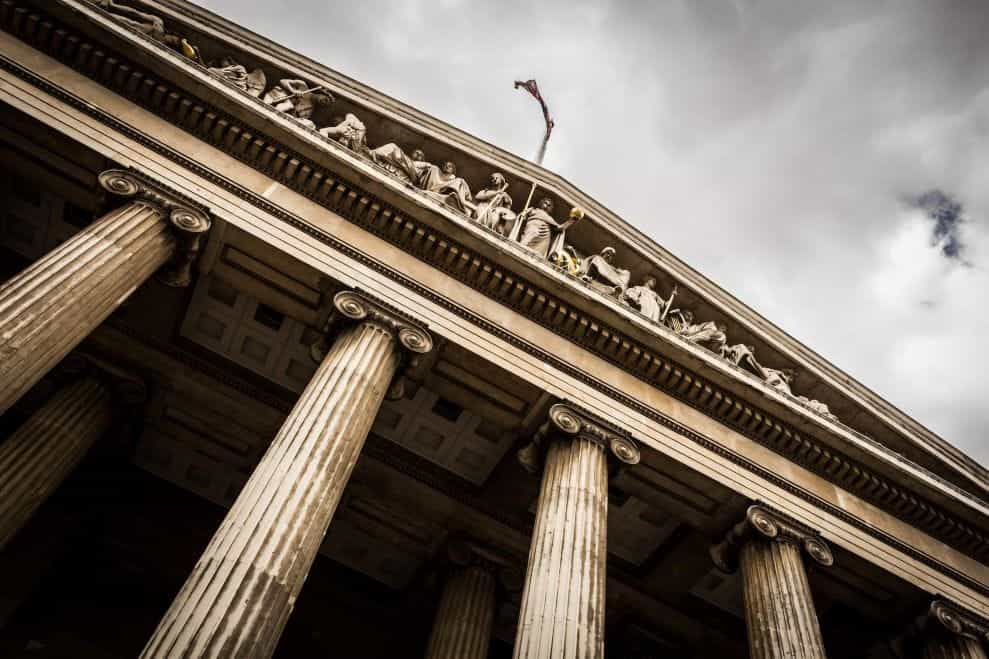Court Battle Over Paraguayan Sports Betting
Paraguayan sports betting providers have been in a headlock with Conajzar for months over a dispute connected to a new tender. Some companies alleged that Conajzar obviously favored one provider above all others for the tender, Daruma Sam SA. Now, two providers who lost out on the tender will appeal the decision in court.

Conajzar’s decision on its new sports betting tender will go to court. Sebastian Pichler/Unsplash
History of the controversy
Conajzar opened its public call for tenders for its sports betting license in September 2022. The current license will expire in May 2023 and so the process begins much earlier for interested companies to submit their bids on the license.
The submitting process began as usual with a set of guidelines shared publicly for such companies. All potential providers must submit information as requested by Conajzar, Paraguay’s gaming authority, including financial statements and proof of experience in the field.
The interested companies essentially prove why they are suitable to handle the sports betting vertical in Paraguay, a business worth millions. Though the decision is ultimately up to Conajzar’s judgment, companies with a track record in this industry and with enough financial backing to invest are obviously favored for the position.
The trouble started as soon as the call was opened up. Daruma Sam SA was the existing license holder, but would need to apply again to get the new bid for the next five years starting in 2023. Its competitor companies alleged that Conajzar was unfairly favoring Daruma Sam for the license, and that the two were in cahoots to keep the license in Daruma Sam’s hands.
Six companies originally requested documents relating to the tender, but only three put their names forward in the end: Daruma Sam, Play Tech, and B-Gaming Sucursal Paraguay / Gambling SA. From the beginning, Daruma Sam denied any allegation of foul play.
Meanwhile, its competitors stated that the rules of the tender made sports betting in Paraguay a monopoly, and that they should be changed. They argued that by making room for only one betting provider, the country’s bettors would lose out on free market competition.
A court battle looms
Last weekend, it was announced that Conajzar had indeed chosen Daruma Sam to renew its license for sports betting across Paraguay. Now the B-Gaming and Gambling SA consortium are taking the matter to court. They claim to have been disqualified in an irregular way by Conajzar and they seek justice after losing out on the lucrative opportunity.
The main point they bring up is that their consortium had the highest financial offer of the three competitors, about $5 million USD higher than Daruma Sam. Alongside this, they also provided all the necessary documentation.
Another argument is that Conajzar placed unfair rules on the bid, for example the necessity that any bidders have experience with sports betting on a national level in the last five years. Of course this applied to no companies except the one that had already been running the vertical in Paraguay, Daruma Sam.
They argue that this means the process is inherently not competitive, meaning citizens of Paraguay will not get the best range of options possible. They also took issue with Conajzar’s lack of responsiveness when they were questioned about their tactics earlier on in the bidding process, and the length of time for submitting proposals — just two months — though Daruma Sam’s representative argued this was the same as during the previous bid five years earlier.
Ultimately it will be up to the court to decide if something was amiss in this process and to deal out consequences if so. No one from the court has spoken to the matter yet, but the president of the Paraguayan Chamber of Games of Chance had much to say about it. President Aníbal Salomón was also wary of Conajzar’s methods.
He brought up the issue of the cost for receiving the bid terms. Interested companies must first pay a fee to receive the guidelines, even before they submit their bids. The fee adds up to about $8,690 USD. Salomón said he complained about the cost, seeing it as unfair and a ploy only to line Conajzar’s pockets, rather than recoup necessary expenses.



